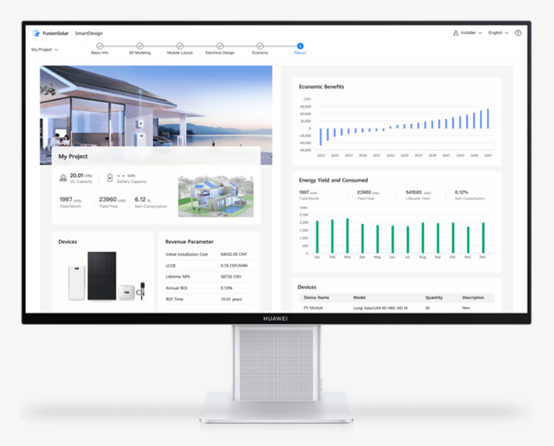Solar Empowerment: Sun Solar Inverters and Community Energy Projects
In the pursuit of a sustainable future, the integration of solar power into community-based energy projects has emerged as a transformative force. At the heart of this solar revolution are sun solar inverters, playing a pivotal role in empowering communities to embrace renewable energy, foster resilience, and build a cleaner, brighter future.

Community Energy Projects: A Beacon of Sustainability
Community energy projects represent a collaborative approach to sustainable power generation. These initiatives, often led by local communities or cooperatives, aim to harness renewable energy sources to meet the collective energy needs of residents. From solar farms to microgrids, these projects redefine the energy landscape, and sun solar inverters stand as the linchpin of this transformation.
Decentralized Power Generation
One of the key strengths of community energy projects lies in their decentralized nature. Solar farms, composed of an array of photovoltaic panels, generate direct current (DC) electricity. Enter the sun solar inverter – the unsung hero that converts this DC power into the alternating current (AC) used in homes and businesses. This crucial conversion process ensures that the energy harvested from the sun is seamlessly integrated into the community's power grid.
Grid Resilience and Energy Security
Community energy projects equipped with sun solar inverters contribute to grid resilience and energy security. By diversifying the energy sources and incorporating distributed generation, communities become less vulnerable to centralized failures. In the face of natural disasters or grid outages, these solar-powered microgrids, supported by intelligent inverters, can operate independently, providing a lifeline of electricity to critical facilities and residences.
Economic Empowerment and Job Creation
Beyond environmental benefits, community energy projects drive economic empowerment. The installation, maintenance, and management of solar infrastructure create job opportunities within the community. Residents can become solar technicians, project managers, or engage in other roles related to the maintenance and operation of these solar installations. This not only strengthens the local economy but also fosters a sense of ownership and pride among community members.

Energy Access and Inclusivity
In many parts of the world, access to reliable energy remains a challenge. Community energy projects, fueled by sun solar inverters, address this issue by extending the reach of electricity to underserved areas. Remote villages, previously excluded from centralized grids, can now enjoy the benefits of clean and sustainable energy. This inclusivity enhances the quality of life, supports education, and catalyzes economic development in these communities.
Educational Opportunities and Awareness
Community energy projects serve as educational platforms, raising awareness about the benefits of solar power and fostering a culture of sustainability. Schools and community centers often integrate these projects into their curricula, providing students with hands-on experiences in renewable energy. This not only creates a future generation of environmentally conscious individuals but also instills a sense of responsibility towards the planet.
Environmental Stewardship and Carbon Reduction
At the core of community solar projects is a commitment to environmental stewardship. The sun solar inverter facilitates the conversion of sunlight into electricity without the harmful emissions associated with traditional energy sources. As communities reduce their reliance on fossil fuels, they play a crucial role in mitigating climate change and reducing their carbon footprint, contributing to a healthier planet for future generations.
Conclusion: Illuminating the Future with Solar Empowerment
In conclusion, the combination of community energy projects and sun solar inverters represents a beacon of hope in the journey towards sustainable energy. As communities take ownership of their power generation, they not only reduce their environmental impact but also cultivate resilience, inclusivity, and economic opportunities. Solar empowerment is not just about harnessing the sun's energy; it's about empowering communities to shape a future where clean, renewable energy is not a luxury but a shared resource for all.
